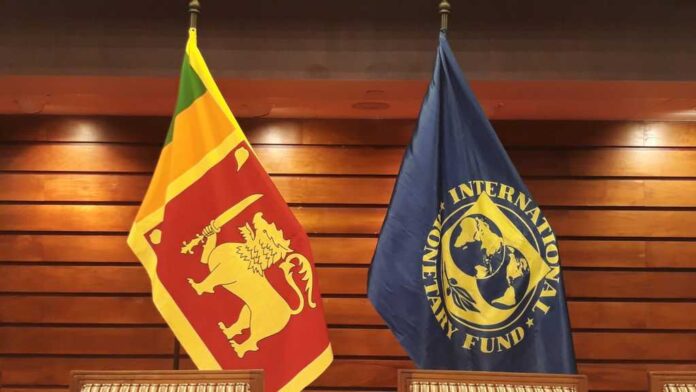March 26, Colombo (LNW): Sri Lanka, emerging from its economic challenges, has implemented significant taxation measures affecting both businesses and individuals.
The International Monetary Fund (IMF) has indicated that these measures are necessary to sustain the country’s stability, at least for the foreseeable future.
IMF Senior Mission Chief for Sri Lanka, Peter Breuer, stressed the importance of maintaining the current tax levels to fund essential government services.
Addressing concerns raised by various sectors of the economy, Breuer emphasised the need for all citizens to contribute proportionally to support the provision of common goods.
Acknowledging Sri Lanka’s significant economic crisis and the resulting decline in real incomes, Breuer highlighted the drastic reduction in economic activity, with GDP dropping by 15 per cent in dollar terms in 2023 compared to the previous year.
He attributed the crisis to the government’s financial constraints due to insufficient revenue sources.
Historically, Sri Lanka has experienced higher revenue collection levels, reaching up to 20 per cent of GDP in the 1980s.
However, recent years have seen a decline, with general revenue averaging around 9 per cent of GDP between 2019 and 2022, significantly lower than the average for other emerging market countries.
Regarding fiscal reforms, the IMF welcomed Sri Lanka’s commitment but stressed the importance of continuing progress, particularly in introducing property tax and implementing revenue measures to meet mobilisation goals beyond 2025.
Additionally, efforts to enhance revenue administration, combat corruption, and ensure cost recovery in fuel and electricity pricing for state-owned enterprises were deemed crucial to minimise fiscal risks.


